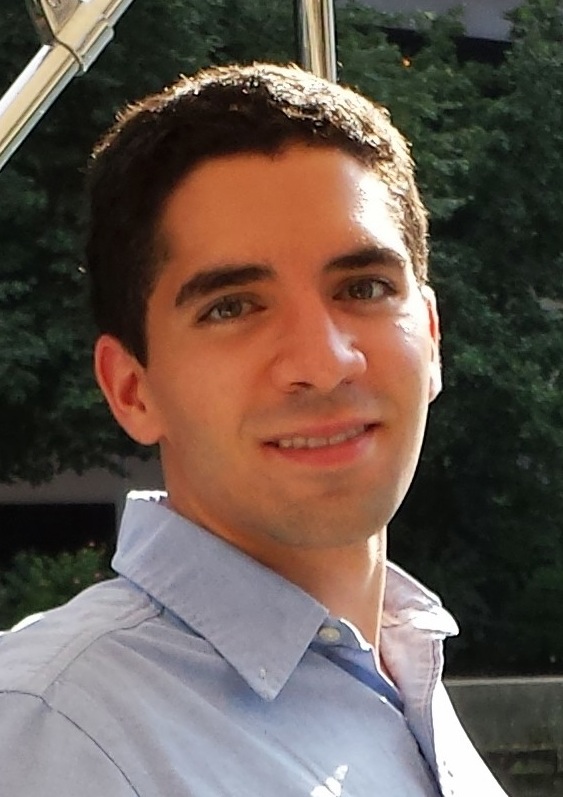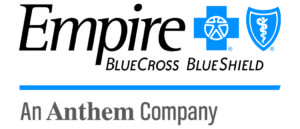HEALTH TECH BOOM IN SAN FRANCISCO
 Meet Dr. Omar Metwally, A Tech Health Consultant & Resident at St. Mary’s Medical Center…
Meet Dr. Omar Metwally, A Tech Health Consultant & Resident at St. Mary’s Medical Center…
Silicon Valley has certainly had it’s influence on Bay Area residents, inspiring many physicians to explore anything from medical apps to speech recognition and machine learning algorithms that predict adverse events, as ways to improve and expand the American healthcare system. Indeed health tech is emerging as an exciting aspect in the field of medicine, and some resident physicians are taking on healthcare technology as a second full-time job.
Dr. Omar Metwally, a second year internal medicine resident at St. Mary’s Medical Center in San Francisco, knows first-hand the ways technology can improve patient care, and this is one of the issues he hopes to raise at the bargaining table as part of a newly established CIR chapter. Dr Metwally is a health technology consultant and co-founder of the SMS texting app, ‘pager.website’ which could replace the use of the traditional physician beeper. This app is less cumbersome, contains more details on the screen, and is also HIPAA compliant, a loophole that most new health tech ventures have to spend thousands in legal fees to jump through.
Dr. Metwally and his colleague, Dr. Seth Blumberg, realized early in their residencies that the current beeper system has two major problems: first, nurses often struggle to identify which team is taking care of which patient, and sometimes resort to randomly paging an on-call MD in hopes they’ve reached the correct physician. This method is completely inefficient in the face of a medical emergency, Dr. Metwally said. The second problem is the page only consists of a 4-digit “callback” number and gives no information on how emergent or non-urgent the page is.
The app lets users look up room numbers and send prioritized, SMS-based messages that include status details, room numbers, and the correct on-call physician name. The recipient can then acknowledge receipt of the message or respond to the text, eliminating inefficiencies within the current system.
Dr. Omar Metwally has been writing software since the age of twelve and always enjoyed building tools to solve problems, “It’s fun to be able to build tools to address some of the inefficiencies within medicine…My first undertaking in health tech was PulseBeat, a tech-enabled home healthcare company I co-founded. This experience opened my eyes to how desperately healthcare needs innovators.”
In addition, Dr. Metwally has helped design a Google Glass prototype meant to generate structured notations from unstructured audio-video data, just from “listening” and “watching” a patient-physician encounter while perched on a healthcare provider’s nose. This would eliminate the awkward “turning the back to the patient,” in order to take notes and add particulars to a patient’s medical records. Instead, the notes would be recorded for the doctor, and in real time.
“Google Glass is still an early prototype, but I can foresee a more mature iteration being used routinely in hospitals and clinics in the coming years. It’s thrilling to be part of a community of tech entrepreneurs who are shaping how healthcare will look in the coming decade.” Dr. Metwally said.
Medicine is a particularly risk-averse industry, so getting hospitals to adopt progressive technology aids can be difficult. Dr. Metwally hopes that all institutions will eventually embrace the growing technology services available. “The challenges of applying technology to healthcare isn’t a technological one, but an organizational one. The technology is here; what we need most of all is a paradigm shift at the executive level,” Dr. Metwally said.
For other tips and musings on health technology, visit Dr. Metwally’s blog: https://omarmetwally.wordpress.com/






